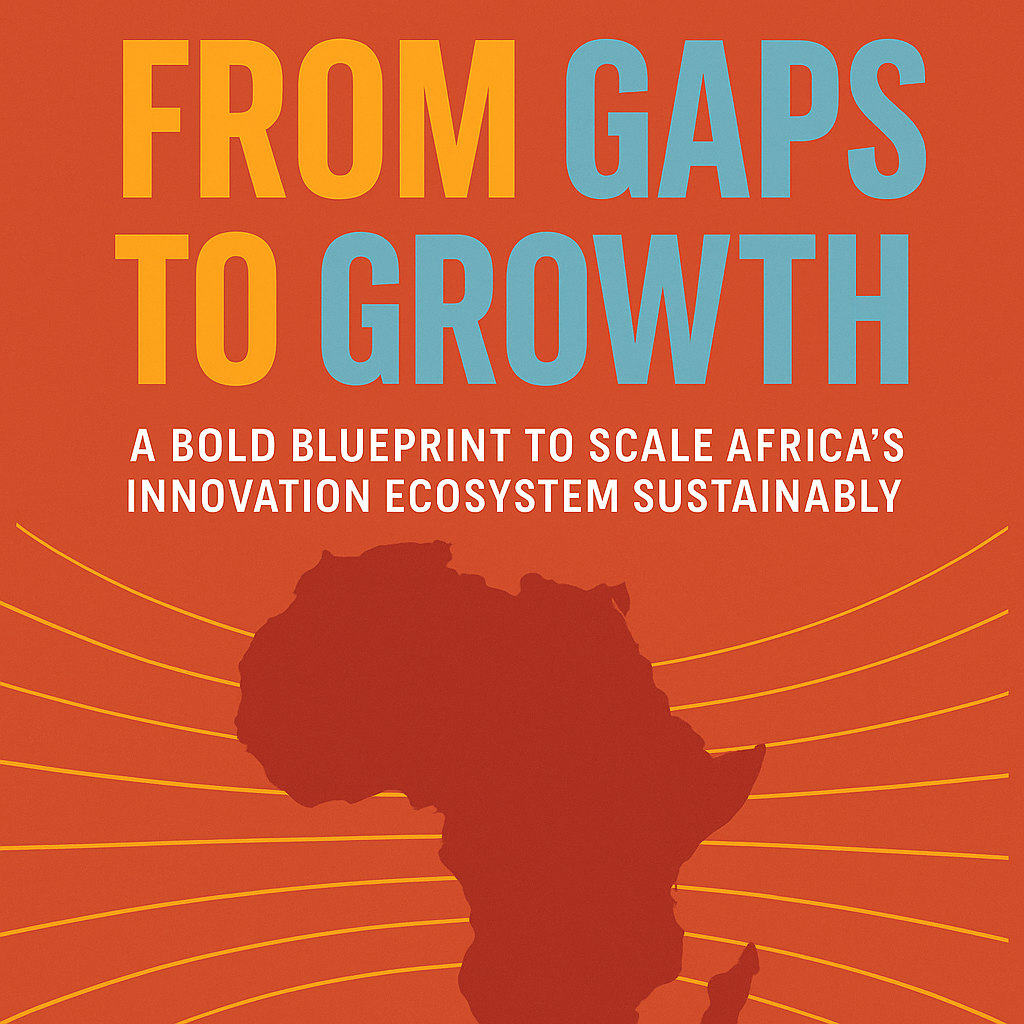The future of tax in Africa is at a critical crossroads. As the continent seeks sustainable economic growth, tax systems must evolve rapidly and strategically. Africa’s diverse economies face unique challenges—from informal sectors to governance hurdles—but with focused efforts on speed, scale, and unity, the tax future can unlock vast opportunities. This article explores the three bold steps African nations must take to transform their tax administration and secure a prosperous future for all.
Understanding the Future of Tax in Africa: Current Landscape and Challenges
To comprehend the future of tax in Africa, it is essential first to examine the current tax landscape. African countries face low tax revenue compared to global averages, driven by widespread informal economies and tax evasion. These challenges are compounded by limited administrative capacity and infrastructural gaps. Addressing these foundational issues is critical for any bold step forward, setting the stage for systemic reforms that align with Africa’s economic aspirations.
Step 1 – Scaling Tax Systems to Meet Africa’s Growing Economies
Scaling is vital for the future of tax in Africa. With rapid urbanization and increasing business activity, tax systems must expand coverage to capture new economic realities. This includes formalizing informal sectors, enhancing taxpayer registries, and leveraging technology to reach remote areas. Scaling tax efforts means mobilizing more revenue without overburdening taxpayers, enabling governments to invest in public services and infrastructure critical for growth.
Leveraging Technology for Scalable Tax Solutions
Technology plays a pivotal role in scaling tax administration. E-filing platforms, mobile payment solutions, and data analytics help tax authorities modernize operations, improve compliance, and reduce costs. For the future of tax in Africa, embracing innovative tech solutions will enable real-time monitoring and more efficient tax collection, making scaling both feasible and sustainable.
Step 2 – Accelerating Speed in Tax Policy Implementation
Speed is another crucial factor shaping the future of tax in Africa. Policymakers must swiftly enact and enforce tax laws to respond to dynamic economic conditions and global shifts. Delays in reform adoption can hinder revenue generation and erode public trust. Accelerating the pace of change requires streamlined legislative processes, stronger institutional frameworks, and increased collaboration among stakeholders.
Building Institutional Capacity to Support Rapid Tax Reforms
To maintain speed, African tax administrations need robust institutional capacity. This involves training skilled personnel, improving audit and enforcement mechanisms, and investing in governance. Effective institutions will underpin timely reforms, ensuring the future of tax in Africa is responsive and resilient amid evolving challenges.
Step 3 – Fostering Unity and Cooperation Across African Nations
Unity and cooperation among African nations are critical pillars for shaping the future of tax in Africa. Harmonizing tax policies and enhancing information exchange can significantly reduce tax evasion and boost regional revenue. Organizations like the African Tax Administration Forum (ATAF) play a vital role in fostering collaboration and building tax capacity across the continent. To learn more about ATAF’s impact and the broader scope of tax reform efforts in Africa, you can explore the official OECD report:
👉 OECD Report on Tax Reforms in Africa
Regional Initiatives Driving Tax Unity
Various regional bodies and forums, including the African Tax Administration Forum (ATAF), champion tax unity. These initiatives support knowledge sharing, capacity building, and joint action plans that enhance cooperation. For the future of tax in Africa, such collective efforts are foundational to sustained progress.
The Role of ATAF in Shaping Africa’s Tax Future
The African Tax Administration Forum (ATAF) exemplifies how institutional frameworks can drive the future of tax in Africa. From crisis response to strategic planning, ATAF has helped coordinate reforms, provide technical assistance, and foster best practices. Its work underscores the importance of multilateral support in achieving tax modernization and economic development.
Overcoming Tax Challenges to Secure Economic Growth
Africa’s tax future is not without obstacles. Corruption, weak enforcement, and limited taxpayer education hamper progress. However, recognizing these barriers enables targeted interventions that boost revenue and enhance public confidence. Strengthening transparency and accountability will be key to ensuring tax reforms translate into tangible growth.
Empowering Citizens and Building Trust in Tax Systems
For the future of tax in Africa to be sustainable, governments must empower citizens by increasing awareness of tax benefits and improving service delivery. Trust in tax authorities encourages compliance and fosters a culture of shared responsibility. Inclusive dialogue and transparency can bridge gaps between taxpayers and administrations.
The Future of Tax in Africa Depends on Youth Inclusion
The future of tax in Africa cannot be secured without the active inclusion of youth in economic and governance structures. Young people form the majority of Africa’s population and are increasingly engaged in digital and informal economies—areas that are often left untaxed. By designing youth-centered tax education programs and policies that support small startups and digital platforms, governments can both expand the tax base and foster long-term compliance.

Moreover, involving youth in national consultations and fiscal planning can bridge the trust gap between citizens and tax institutions. If African countries aim to modernize their tax systems, they must harness the innovation and energy of their younger generations. Inclusive strategies will not only ensure broader revenue but also empower the continent’s future leaders to sustain and evolve the tax systems they inherit.
Why Gender Equity Matters for the Future of Tax in Africa
Gender considerations are central to the future of tax in Africa, yet they are often overlooked. Tax systems that ignore gender disparities risk reinforcing existing inequalities. For example, indirect taxes may disproportionately affect women, especially those in lower-income groups or informal sectors. Reforming tax policies to be more gender-responsive—through targeted deductions, child-care tax credits, and accessible filing systems—ensures a fairer and more effective framework.
Empowering women economically also expands the taxpayer base and enhances household financial resilience. As women increasingly participate in entrepreneurship and formal employment, African tax administrations must consider tailored support systems to foster voluntary compliance. In the long term, gender-aware taxation strengthens social justice and contributes to more sustainable, equitable economic development across the continent.

The Future of Tax in Africa and the Role of Global Partnerships
The future of tax in Africa is not only shaped internally, but also through external collaborations and partnerships. International organizations like the OECD, IMF, and World Bank have supported African nations with capacity building, technical assistance, and anti-avoidance frameworks. Global tax justice movements are also pressuring multinational corporations to pay fair taxes where profits are generated, a key issue for many African economies.
In parallel, transparency in national systems is just as vital. A recent case in Zimbabwe reveals how hidden housing developments have raised serious concerns about land governance and tax oversight. You can read more in this report on Harare’s shadow real estate:
👉 Zimbabwe: Alarm Raised About Harare’s ‘Hidden Homes’


conclusion
The future of tax in Africa hinges on the continent’s ability to act boldly, decisively, and collectively. Scaling tax systems, accelerating reform, and fostering unity are no longer optional—they are urgent imperatives. By investing in digital infrastructure, building institutional trust, and ensuring inclusive policies that engage youth and empower women, Africa can unlock transformative growth and break cycles of dependency. But achieving this future also requires accountability, transparency, and the political will to challenge outdated systems.
The African Tax Administration Forum (ATAF) and other regional efforts prove that progress is possible when countries work together toward a shared vision. Global partnerships must support Africa’s lead—not dictate it. The path forward may be complex, but the rewards are enormous: stronger economies, fairer societies, and a more sovereign, self-reliant continent. If African nations embrace innovation and cooperation, the future of tax will not just be sustainable—it will be revolutionary. Now is the time for action.




